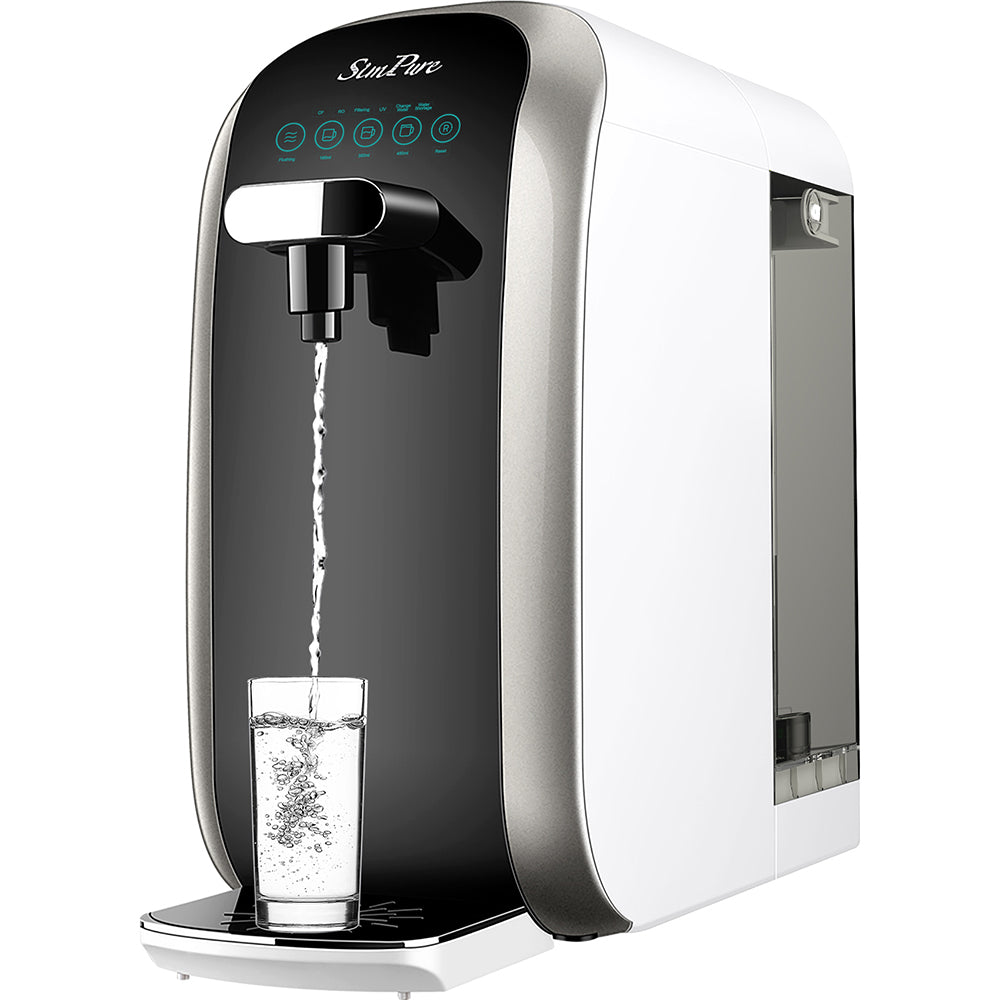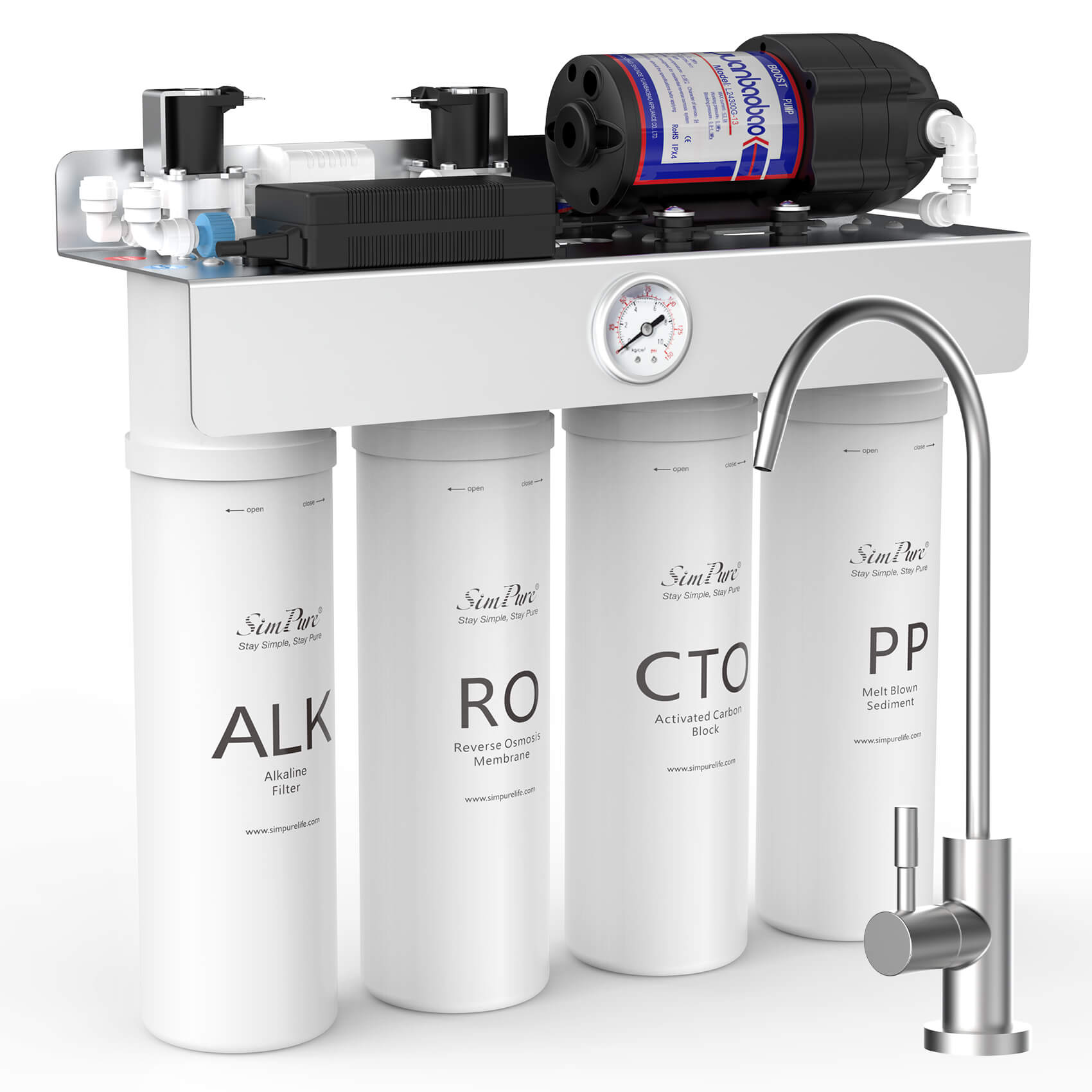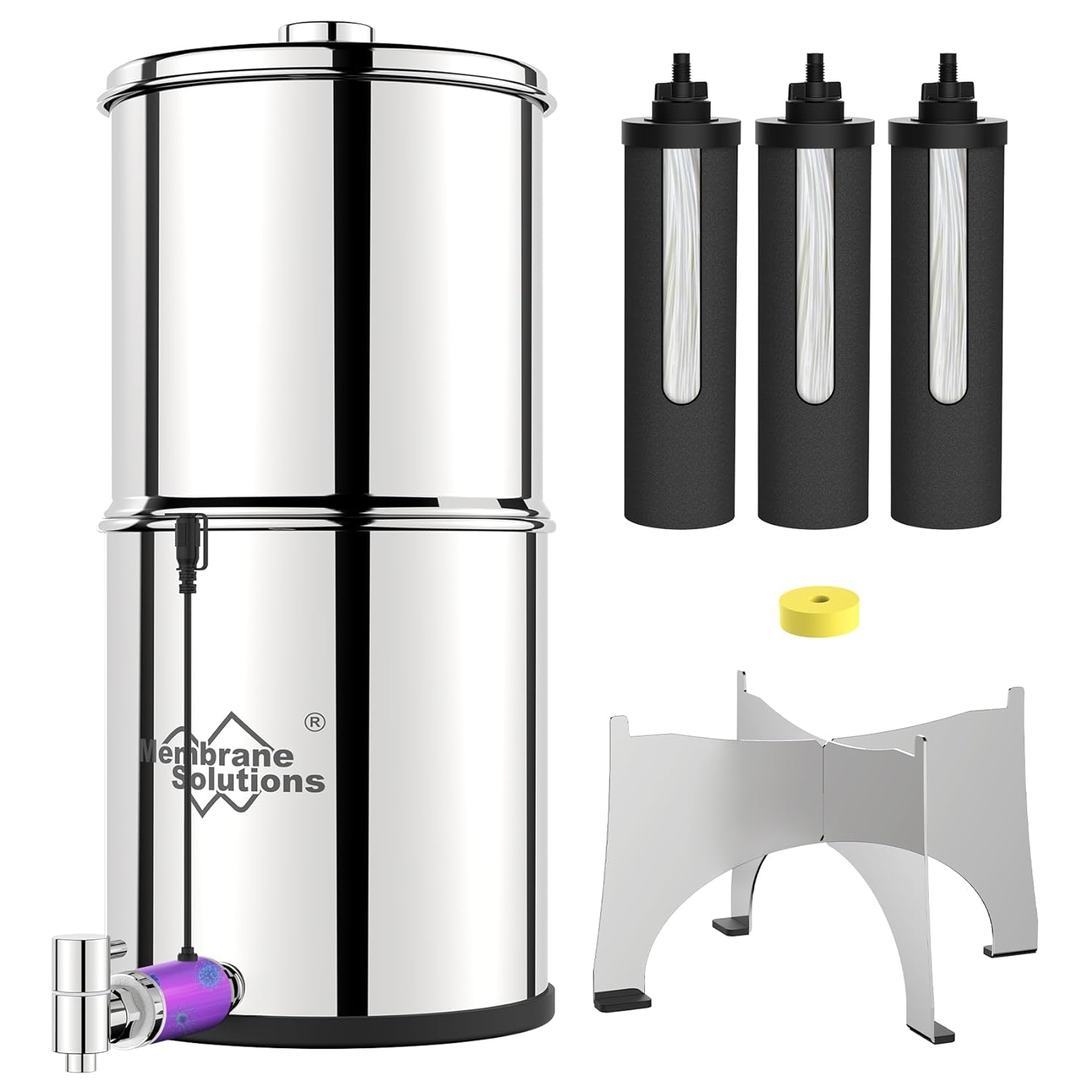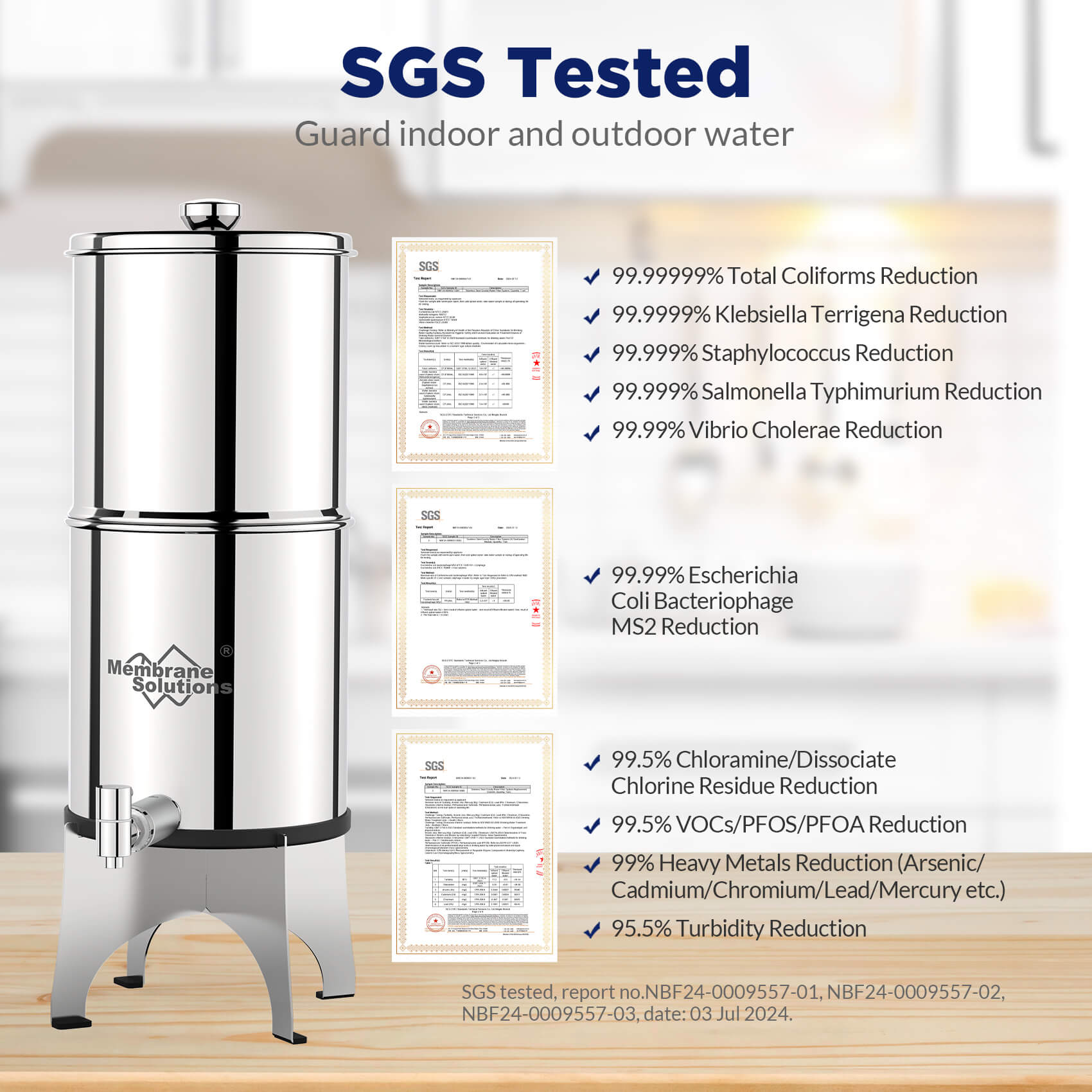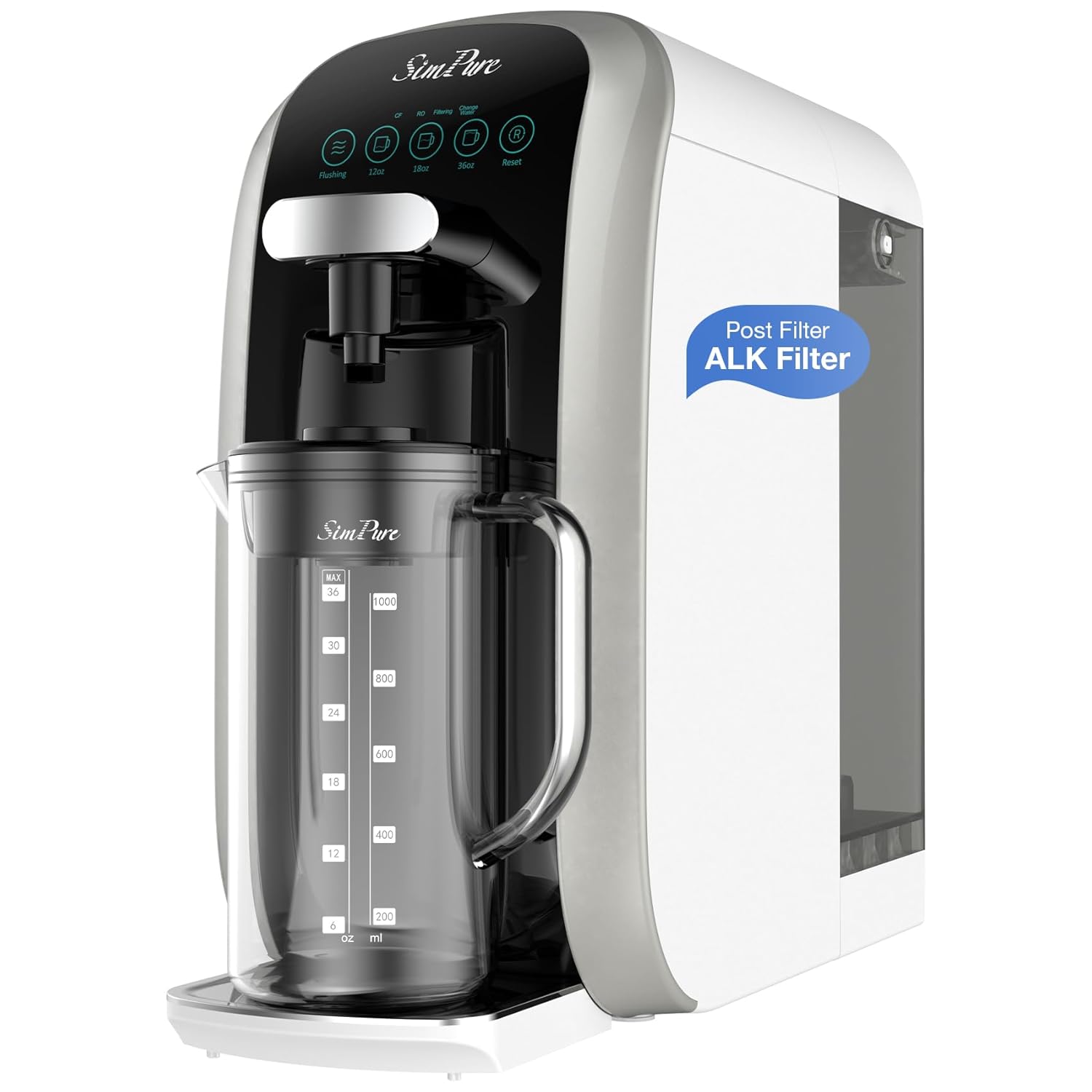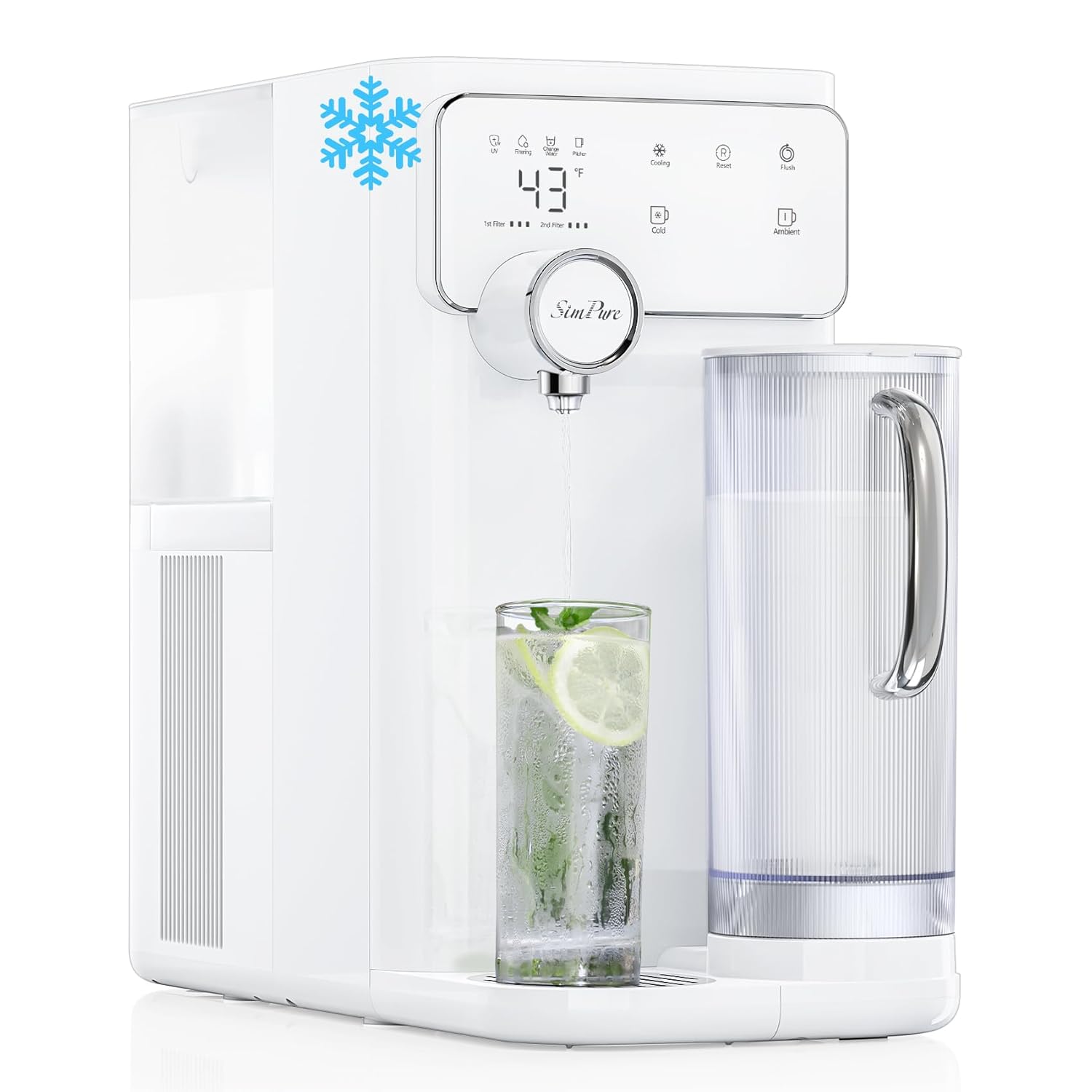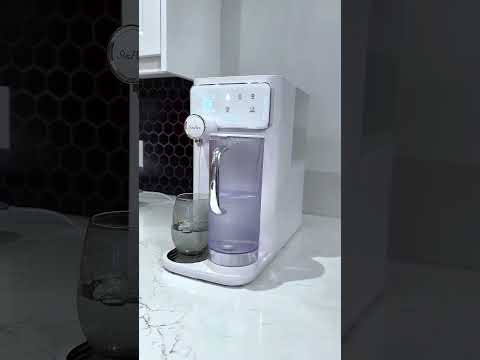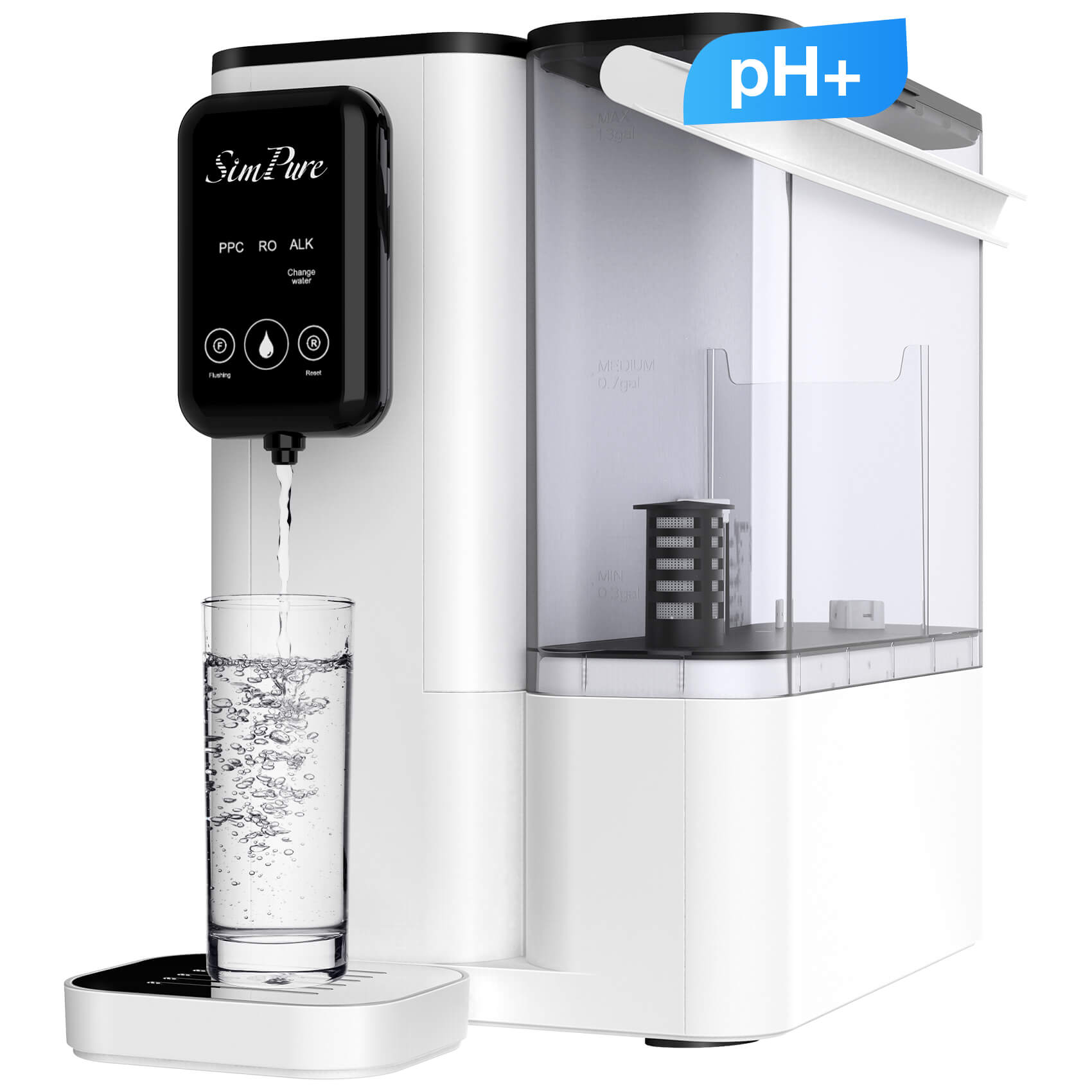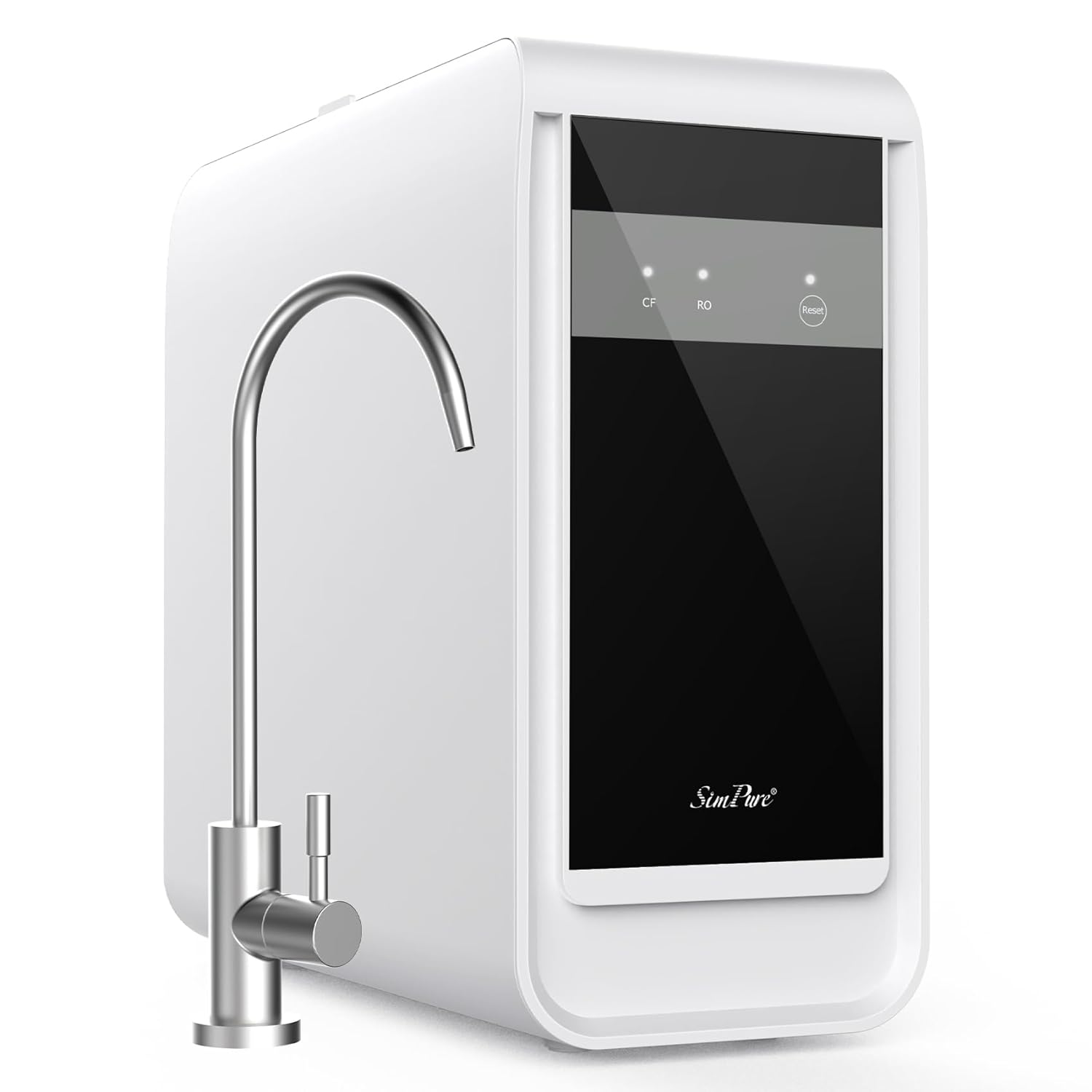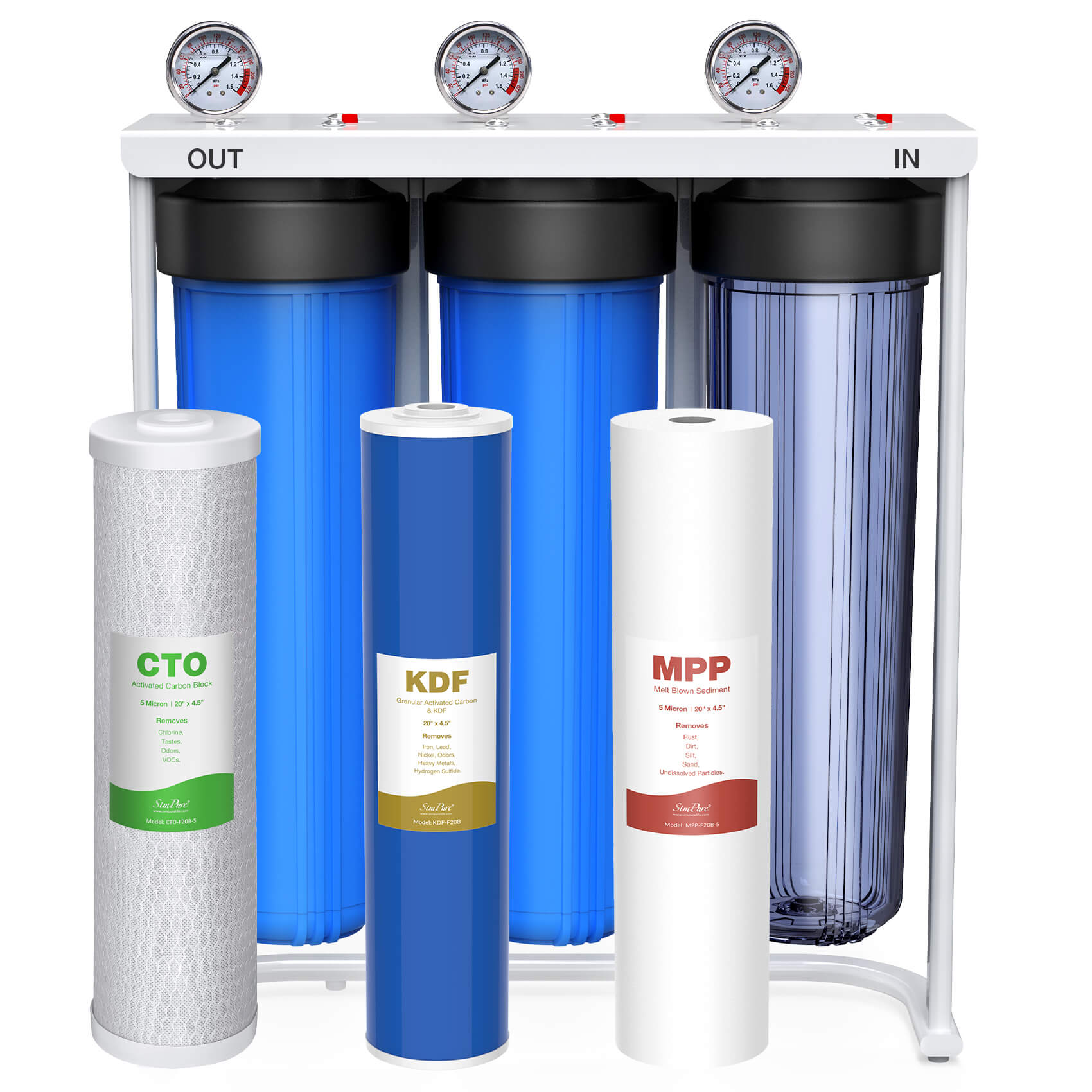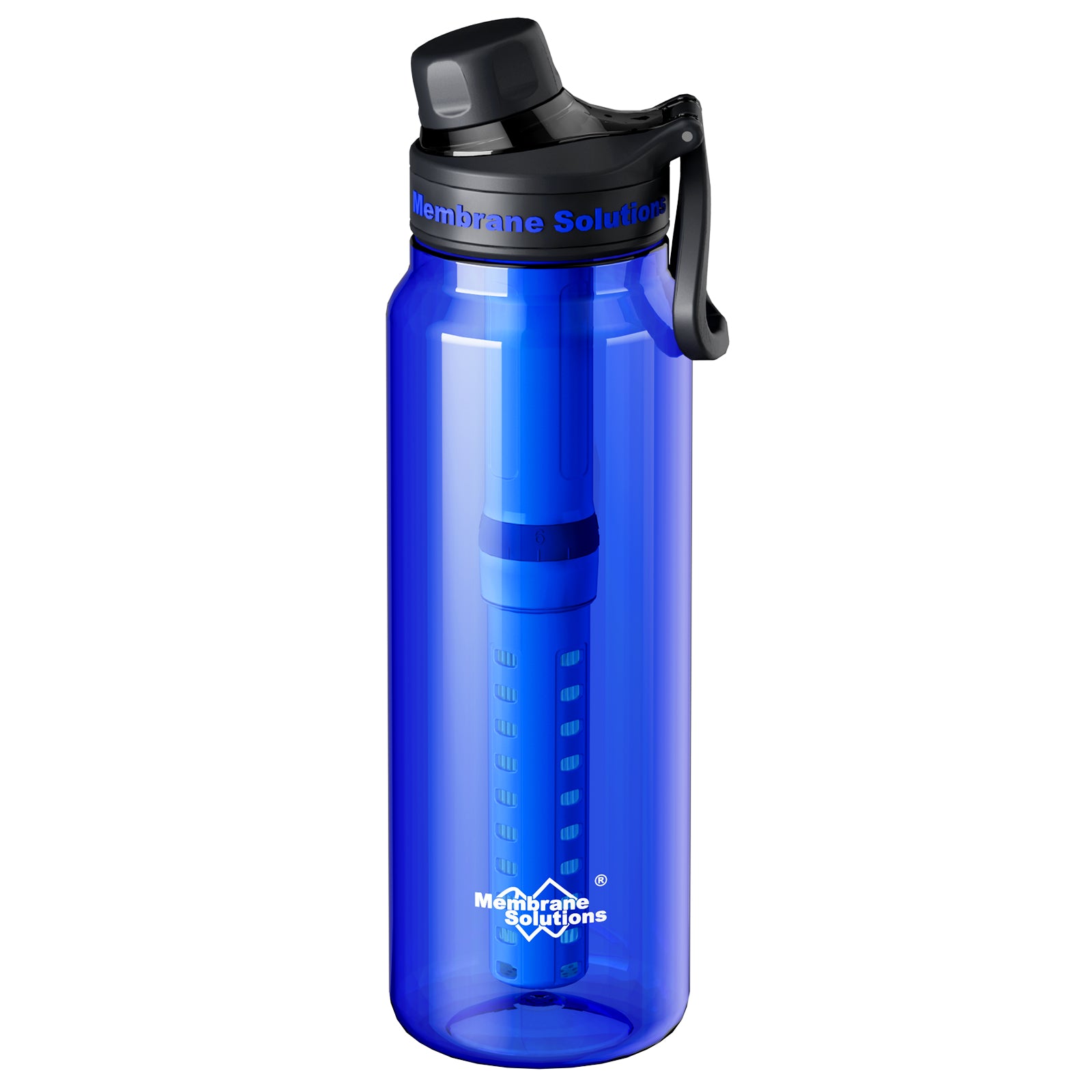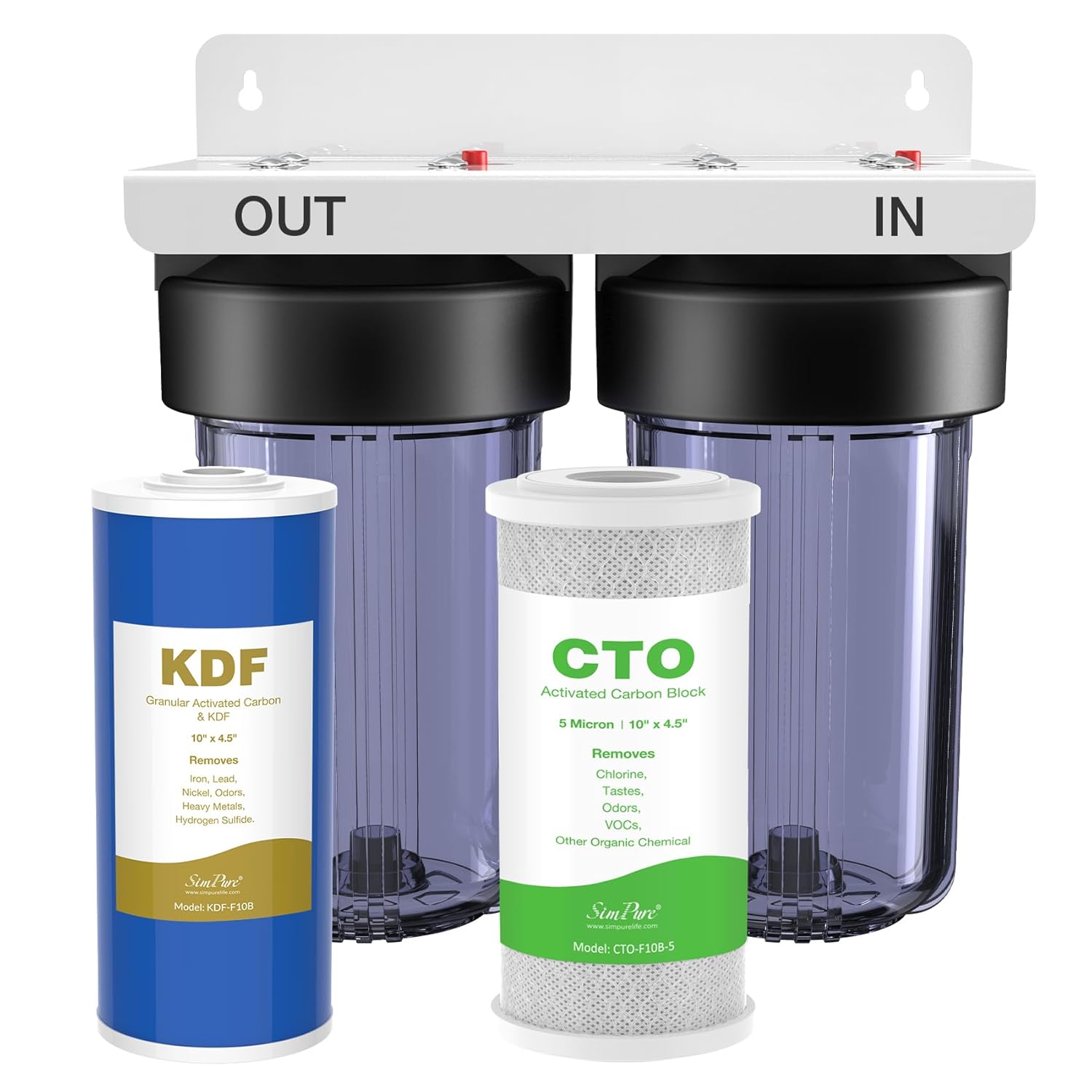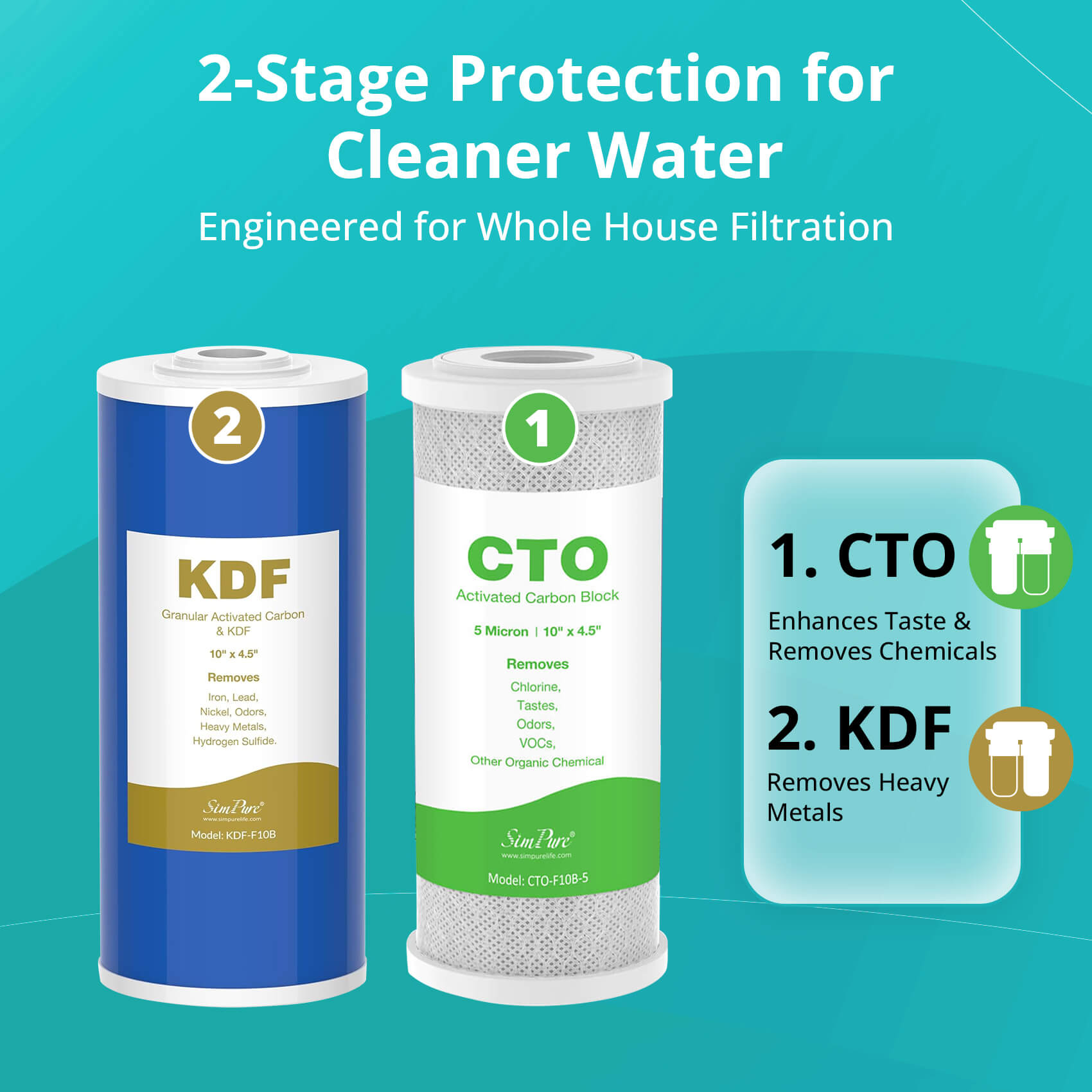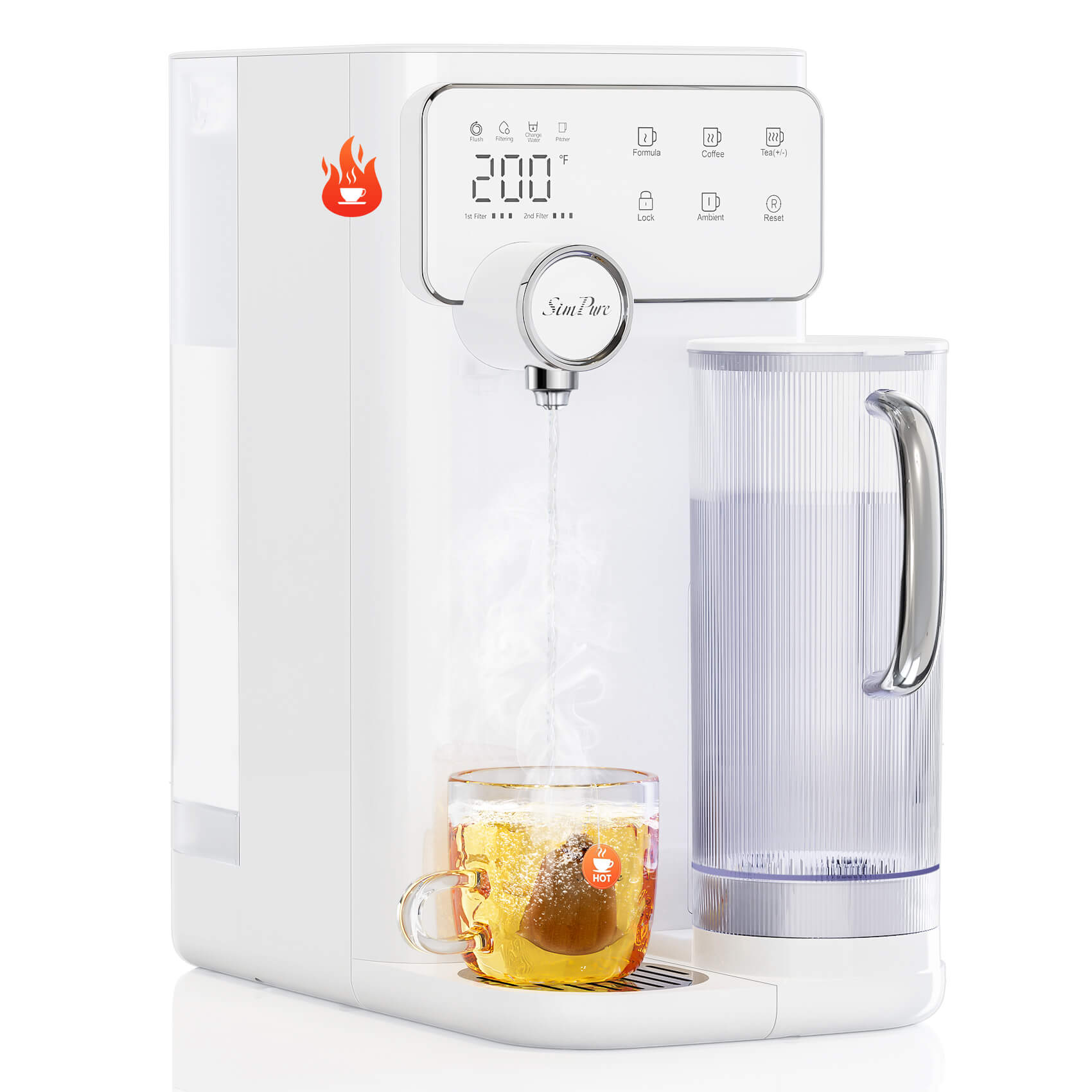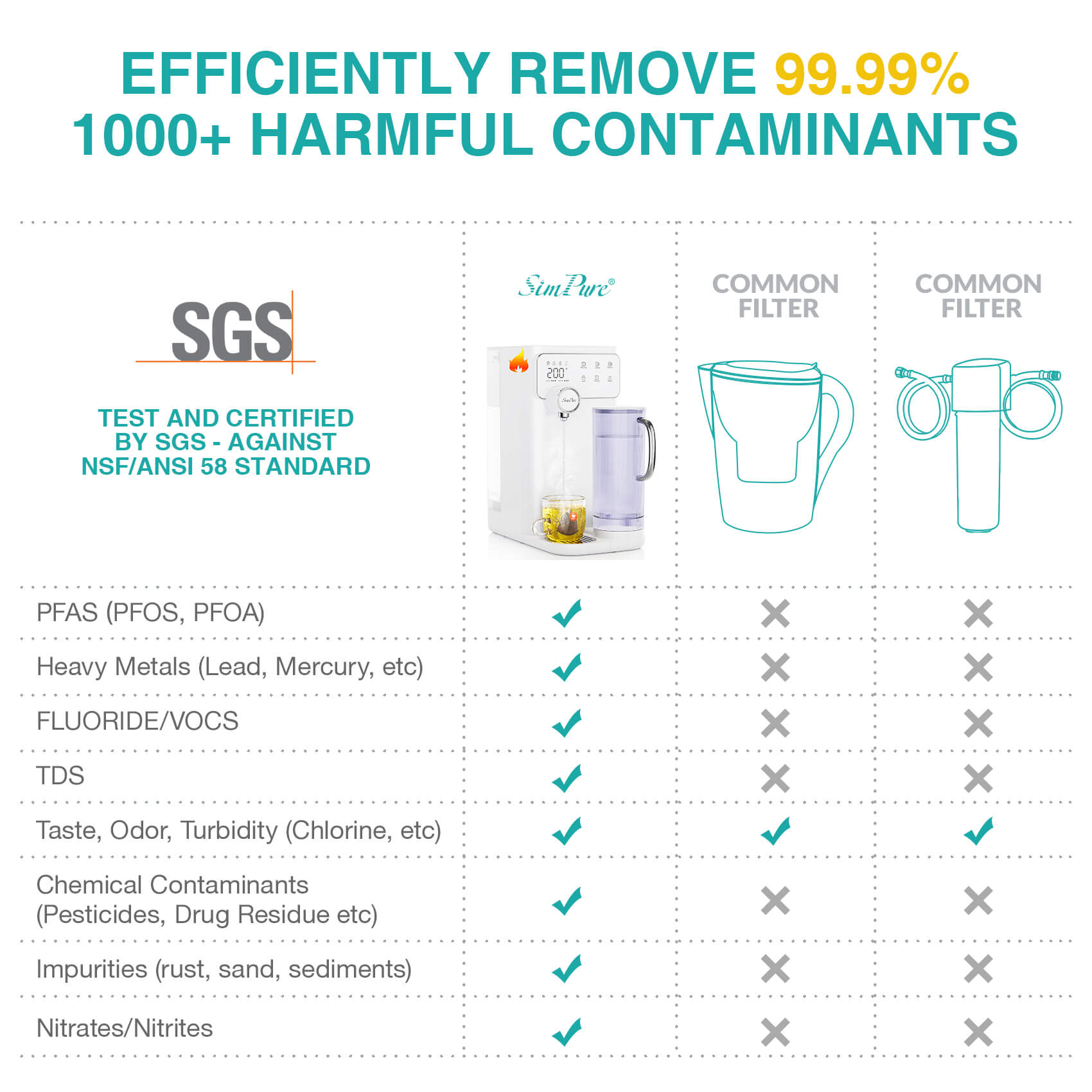MiO is a popular water enhancer that adds flavor to plain water without sugar or calories. But is MiO bad for you? With growing concerns about artificial sweeteners and chemical additives, many people are asking whether MiO is safe for regular use. In this article, we’ll break down MiO’s ingredients, its pros and cons, potential side effects, and whether it's harmful to your kidneys, weight loss goals, or overall health.
1. What is MiO and How Does It Work?

MiO is a liquid water enhancer created by Kraft Heinz, first launched in 2011. It’s designed to add flavor to plain water with zero sugar and zero calories. The product comes in small squeeze bottles and includes several varieties like:
- MiO Original – standard flavors
- MiO Energy – with caffeine and B vitamins
- MiO Vitamins – with added vitamins
To use MiO, simply squirt a few drops into water, stir or shake, and enjoy a customizable beverage. Its portability and flavor range have made it popular among people looking to stay hydrated in a more enjoyable way.
2. Common Ingredients in MiO Energy
To understand whether MiO is bad for you, let’s look at its main ingredients:
| Ingredient | Purpose | Potential Concern |
|---|---|---|
| Propylene Glycol | Solvent & flavor carrier | May affect kidneys at high doses |
| Citric Acid | Preservative | May irritate stomach lining |
| Sucralose | Artificial sweetener | Linked to gut issues |
| Acesulfame Potassium | Sweetener | Possible long-term health effects |
| Potassium Sorbate | Preservative | May cause allergic reactions |
| Natural & Artificial Flavors | Flavoring | May trigger sensitivities |
Most of these are generally recognized as safe (GRAS) by the FDA, but some can have side effects when consumed frequently or in large amounts.
3. The Pros and Cons of Drinking Water with MiO
Pros:
- Convenient and portable.
- Customizable flavor options.
- Low calorie and sugar-free option.
- Encourages hydration.
Cons:
- Contains artificial sweeteners.
- Risk of overconsumption leading to potential health issues.
- May cause sensitivity or allergic reactions in some individuals.
- Can be expensive compared to plain water.
4. Why is MiO Bad for You: Detailed Potential Risks Associated with Consuming Too Much MiO
With the growing popularity of liquid water enhancers like MiO, many people have become concerned about the safety and potential health effects of consuming these products regularly. While MiO is marketed as a convenient and calorie-free way to flavor water, some consumers are questioning whether the product is actually good for their health. So is MiO water enhancer bad for you? How bad is MiO energy for you?
In moderate amounts, MiO is generally considered safe to drink. However, excessive consumption may pose health risks. But drinking large amounts regularly may increase your risk of several health issues.
🚫 Possible Health Concerns of Excessive MiO:
- Kidney strain due to propylene glycol buildup
- Disruption of gut microbiome from artificial sweeteners
- Digestive issues, bloating, or headaches in sensitive individuals
- Increased sweet cravings, potentially harming your diet goals
- Allergic reactions to preservatives like potassium sorbate
Studies on sweeteners like sucralose and acesulfame potassium suggest that they may interfere with insulin response and gut bacteria. While not conclusive, these findings warrant caution—especially for daily users.
To avoid potential health risks associated with consuming too much MiO, it's important to use it in moderation and choose plain water or other natural, low-calorie alternatives when possible. It is the same as the vitamin water on the market. If you also interested in this topic, just read more in our blog: Is Vitamin Water Good for You? Detailed Analysis.
5. Is MiO Just as Bad as Soda?
Unlike soda, MiO does not contain high fructose corn syrup or added sugars. However, it uses sucralose and acesulfame potassium, artificial sweeteners that can impact gut health and metabolism. Soda may be worse in terms of sugar overload, but MiO still carries chemical risks if overused.
Conclusion: MiO is less harmful than soda in terms of sugar, but both come with their own health trade-offs.
6. Is MiO Bad for Your Kidneys?
Yes, MiO, like other water enhancers, can put a strain on your kidneys if consumed in excess. MiO contains propylene glycol, which has been associated with potential kidney damage and other health issues at high levels of consumption. Artificial sweeteners and other additives found in MiO can cause damage to the kidneys over time. It's important to use MiO in moderation and ensure that you are drinking plenty of plain, purified water to keep your kidneys healthy.
7. Does MiO Hurt Weight Loss?
MiO itself does not directly hurt weight loss efforts, as it is a zero-calorie water enhancer. However, some of the ingredients found in MiO, such as artificial sweeteners and preservatives, have been linked to weight gain and other negative health effects. Additionally, using MiO excessively to flavor water may lead to overconsumption of water and ultimately contribute to weight gain.
To support weight loss goals, it's best to consume water without any added sweeteners or flavorings. This will ensure that you are properly hydrated without consuming any unnecessary calories or potentially harmful ingredients. Incorporating a healthy diet and regular exercise is also key to successful weight loss.
8. Alternatives to MiO for Flavoring Your Water
While MiO can be a convenient and flavorful way to enhance your water, there are also plenty of alternatives to consider if you want to avoid artificial sweeteners and other potential health risks. Here are a few options to consider:
Infused water: Adding fresh fruits, herbs, and spices to your water can be a great way to add flavor without any artificial additives. Try combinations like cucumber and mint, lemon and ginger, or watermelon and basil.
Sparkling water: If you're looking for a little fizz in your water, sparkling water can be a great option. Look for varieties that are flavored with natural ingredients, or add your own fruit or herbs for extra flavor.
Coconut water: Coconut water is a natural and hydrating alternative to sports drinks and other flavored beverages. It's also naturally sweet and packed with electrolytes.
Ultimately, the best option for hydrating is often plain, purified water. Not only is it free of unwanted flavors and odors, but it also doesn't come with the potential health risks associated with artificial additives. If you're concerned about the quality of your tap water, consider investing in a water filtration system to ensure that your water is clean and safe to drink.
So, is MiO bad for you? The answer depends on how often and how much you consume. Occasional use is likely safe, but daily overuse may carry risks related to kidney health, weight management, and long-term exposure to artificial ingredients.
To stay safe:
- Use MiO in moderation
- Choose natural alternatives when possible
- Drink mostly plain or filtered water
✅ Want to improve the taste of your water without health concerns? Just explore SimPure water filtration system and start enjoying clean, safe, and great-tasting water every day.



